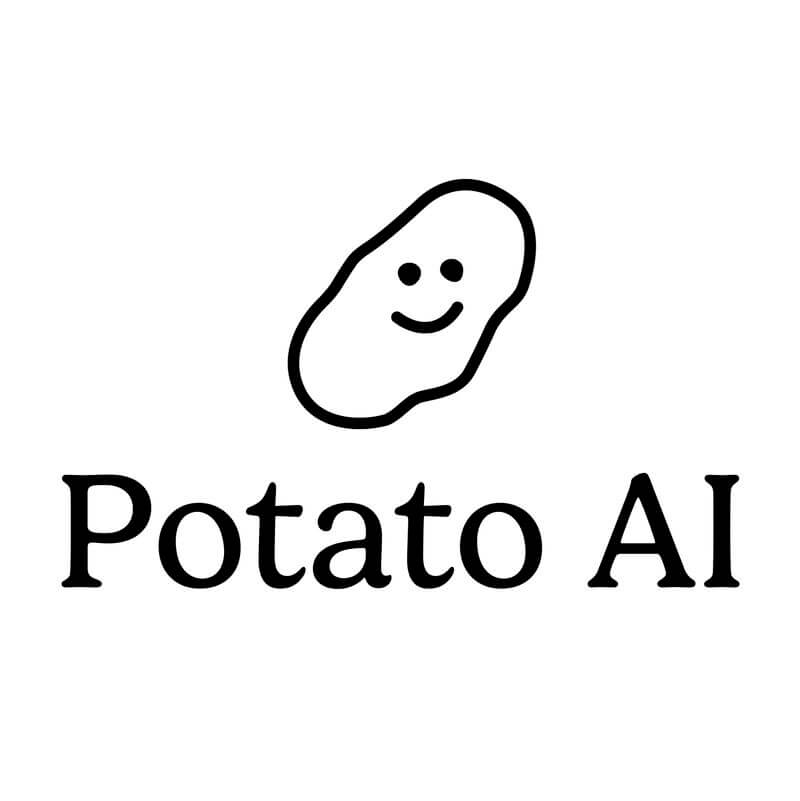Seattle-based startup Potato has secured $4.5 million in funding to advance its AI and robotics solutions for automated scientific research. The seed round was led by Draper Associates, with participation from Dolby Family Ventures, Boost VC, Ensemble VC, Silicon Badia, Alumni Ventures, Defined, and The FounderVC, as well as angel investors Michael Liou and Geoff Entress.
Founded in 2023 by Nick Edwards, a neuroscientist with experience at NIH, BCG, and Illumina, and Ryan Kosai, a veteran CTO, Potato aims to revolutionize scientific discovery by automating and accelerating the experimental process. The company's platform acts as an AI research assistant, helping scientists generate hypotheses, create optimized research protocols, aid in writing papers, and critique journal articles. Potato is now focusing on developing the technology to perform the actual experiments, starting with computational research and moving towards robotics for laboratory bench work.
Potato's CEO, Nick Edwards, envisions "fully closed-loop, autonomous science," where AI advancements make scientific discovery faster and cheaper. The startup is addressing the inefficiencies and drudgery in research while striving for more accurate and reproducible experiments. Potato's technology uses chat-based, generative AI tools built from large language models, refined using retrieval-augmented generation (RAG). RAG improves accuracy by incorporating scientific literature, including publications from Wiley, an academic publishing partner.
The funding will help Potato expand its AI-powered science agents in labs at MIT, Stanford, and Harvard. The company's long-term vision is to create an "AI scientist" capable of hypothesis generation, experimental planning, and running experiments. Potato's platform currently offers automated paper review, distilling methods, results, and controls. It also generates experimental insights and hypotheses. Researchers can ask plain-language questions about experimental procedures and receive detailed, actionable protocols.
Potato's partnership with Wiley provides access to peer-reviewed scientific content, grounding AI responses in verified literature. This addresses limitations of traditional large language models by improving factual accuracy, contextual understanding, and information retrieval. Potato's RAG creates generative content that ties experimental instructions to literature references.
The company collaborates with academic institutions and biotech firms to lower discovery costs and expand access to underexplored scientific questions. Beyond specific use cases, Potato plans to amplify scientific headcount and push a new paradigm of discovery by bringing agentic scientists into the engine room of innovation.
Potato collaborates with Ginkgo Automation to develop automated experiments. The startup's name references the classic experiment where children create a battery from a potato, pennies, copper wire, and galvanized nails.

















